Lucila Balzaretti
Lucila Balzaretti (registered at birth as Lucila Balzaretti Openzeller, also known as Lucila Alarcón; Zurich, Switzerland, August 21, 1920 - Puntarenas, Costa Rica, February 13, 2012) was a Swiss actress and journalist. She participated in the theater group La Linterna Mágica under the direction of Ignacio Retes. She ventured into journalism by writing a film column in the newspaper El Popular and in the magazine México al día, where José Revueltas and other writers also collaborated. In 1942, while preparing a report on the play El inspector, then directed by Seki Sano, she met Ignacio Retes, whom she married two years later. In 1946 she participated in the founding of La Linterna Mágica and made her debut as an actress in the play Mariana Pineda (1946) under the pseudonym of Lucila Alarcón. Shortly after, she acted in Los zorros (1946), Israel (1948) and Santa Juana (1948), all directed by Retes himself. Later she left her stage name to continue appearing as Lucila Balzaretti in the plays El aria de la locura (1953), Terminal (Bus stop), Una ciudad para vivir (1954), La feria distante (1955), A media luz los tres (1957) and Nacida ayer (1958), among others. She also had a brief participation in one of the revivals of A Streetcar Named Desire, a Seki Sano version. She was the mother of film director Gabriel Retes, with whom she participated in the films Chin Chin el teporocho, El bulto, Flores de Papel, Arresto domiciliario.
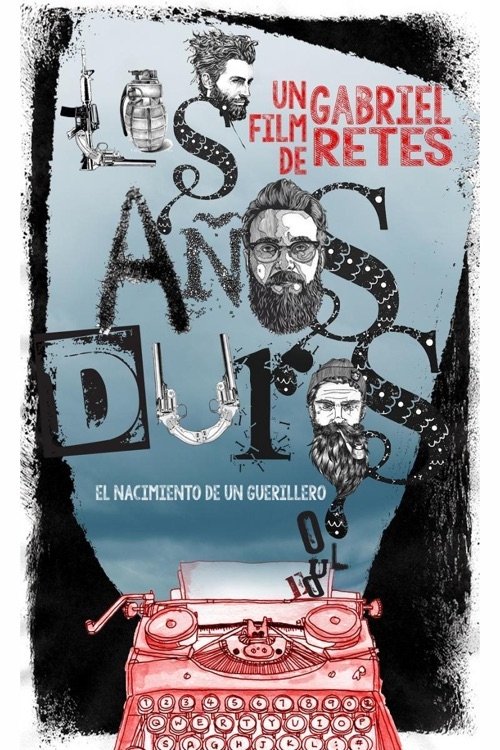
The Hard Years
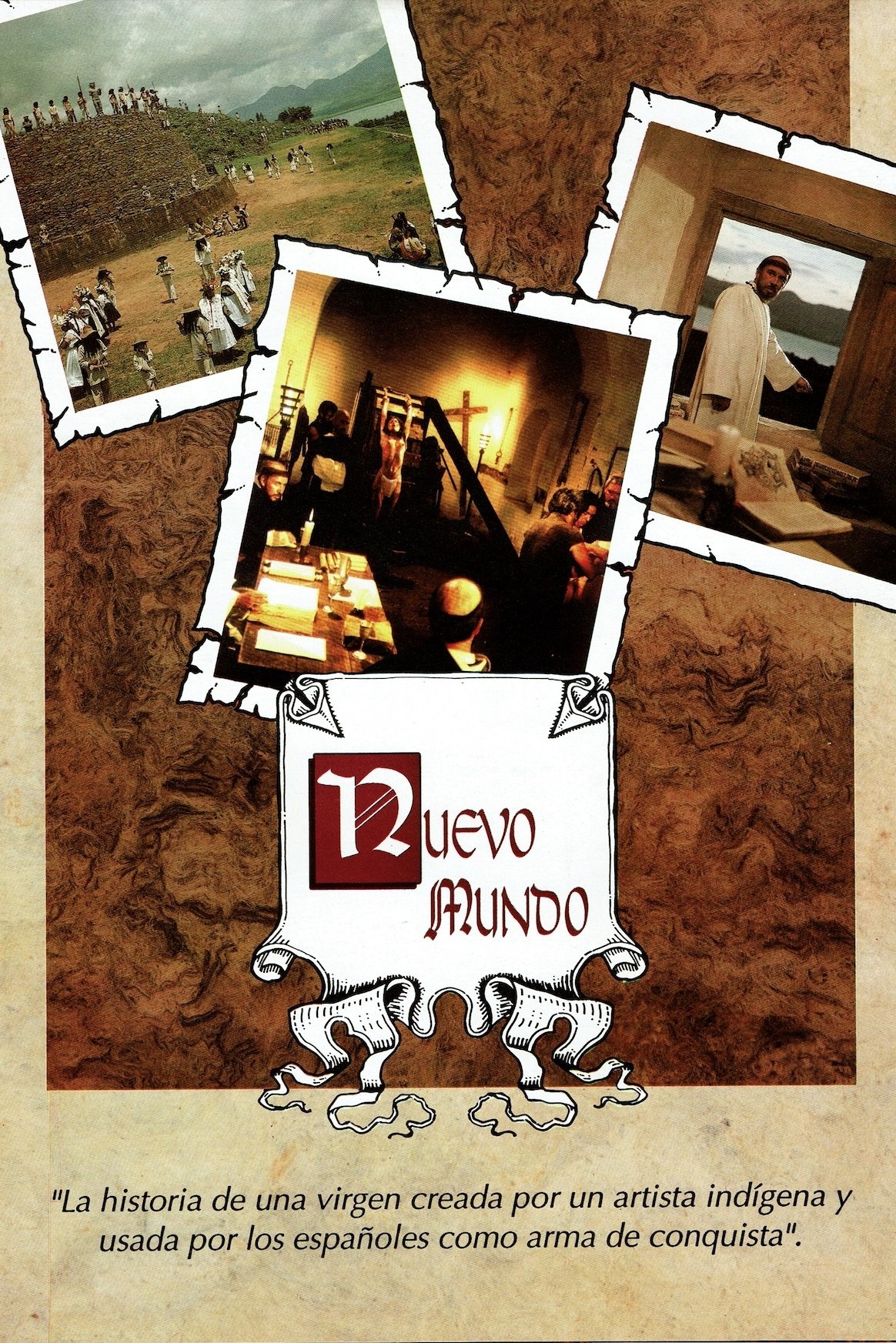
New World
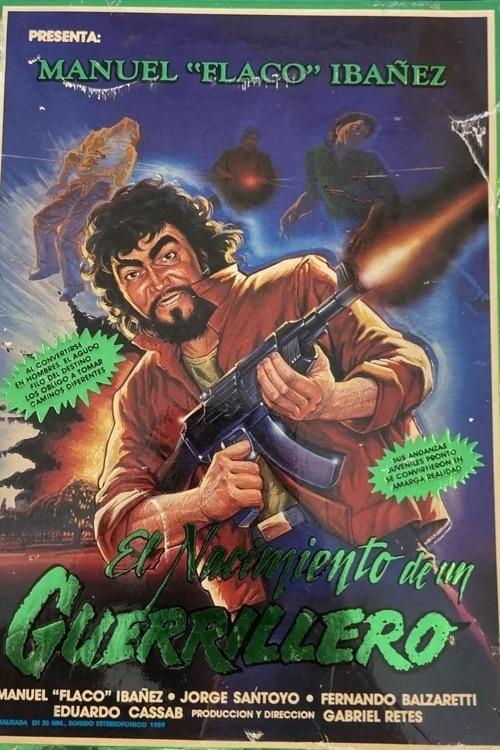
Los años duros: El nacimiento de un guerrillero
(La maestra)
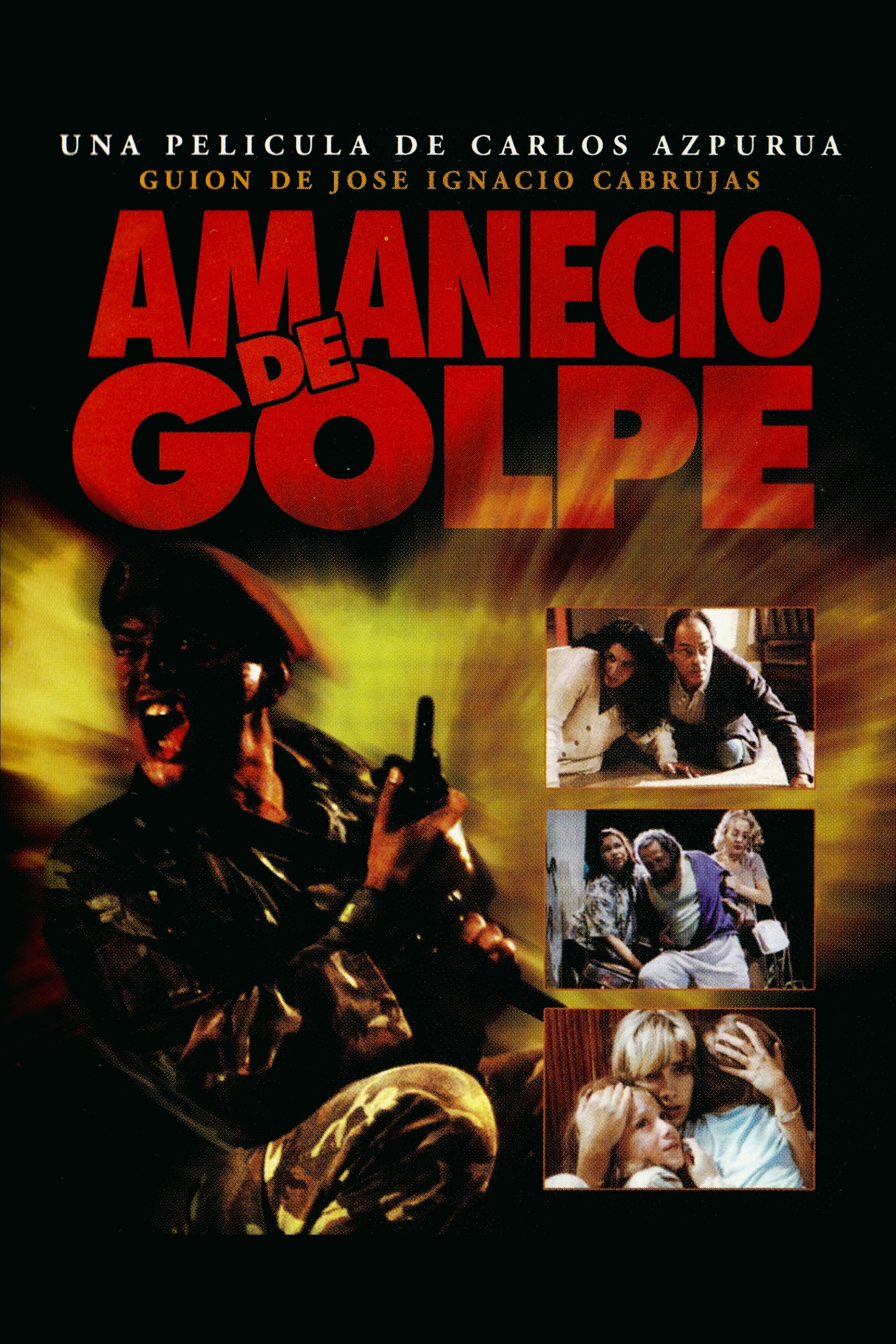
Coup at Daybreak
(Luisa)
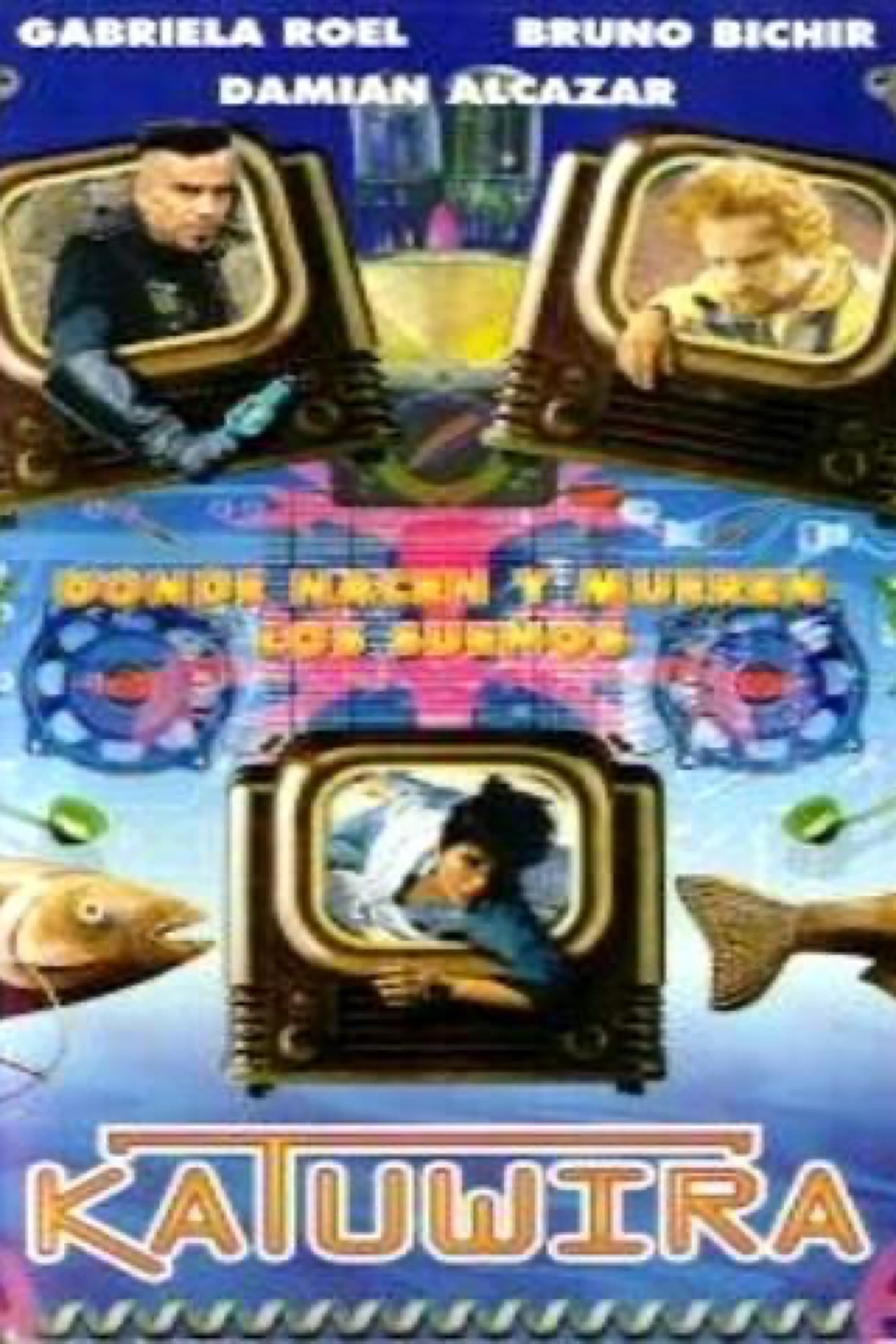
Katuwira, donde nacen y mueren los sueños
(Vecina)
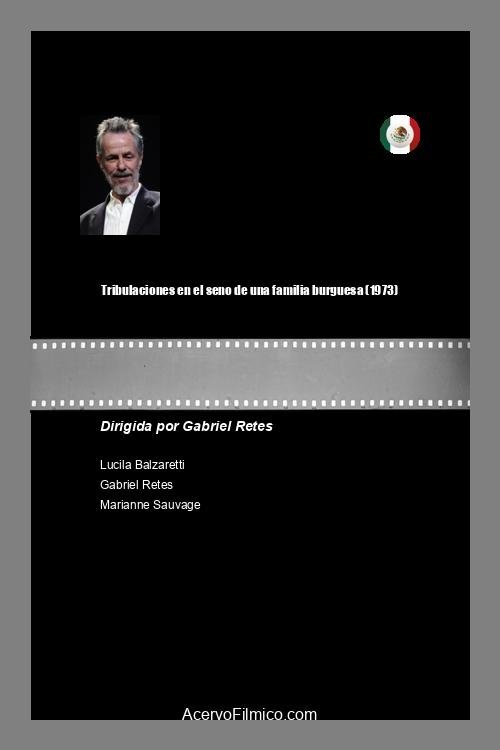
Tribulaciones en el seno de una familia burguesa
El asesinato
(Sra. Ramírez)
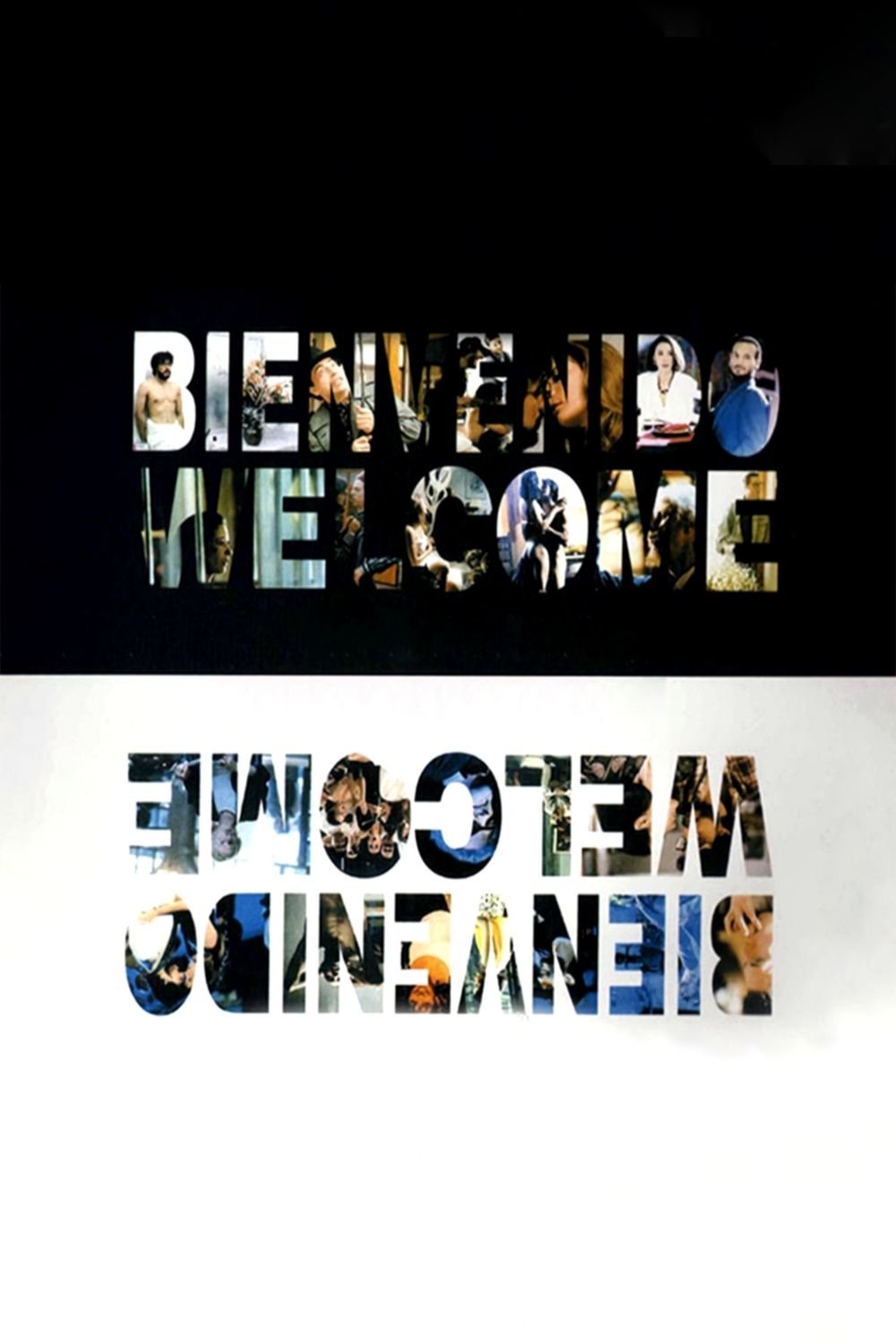
Bienvenido-Welcome
(Union Delegate)
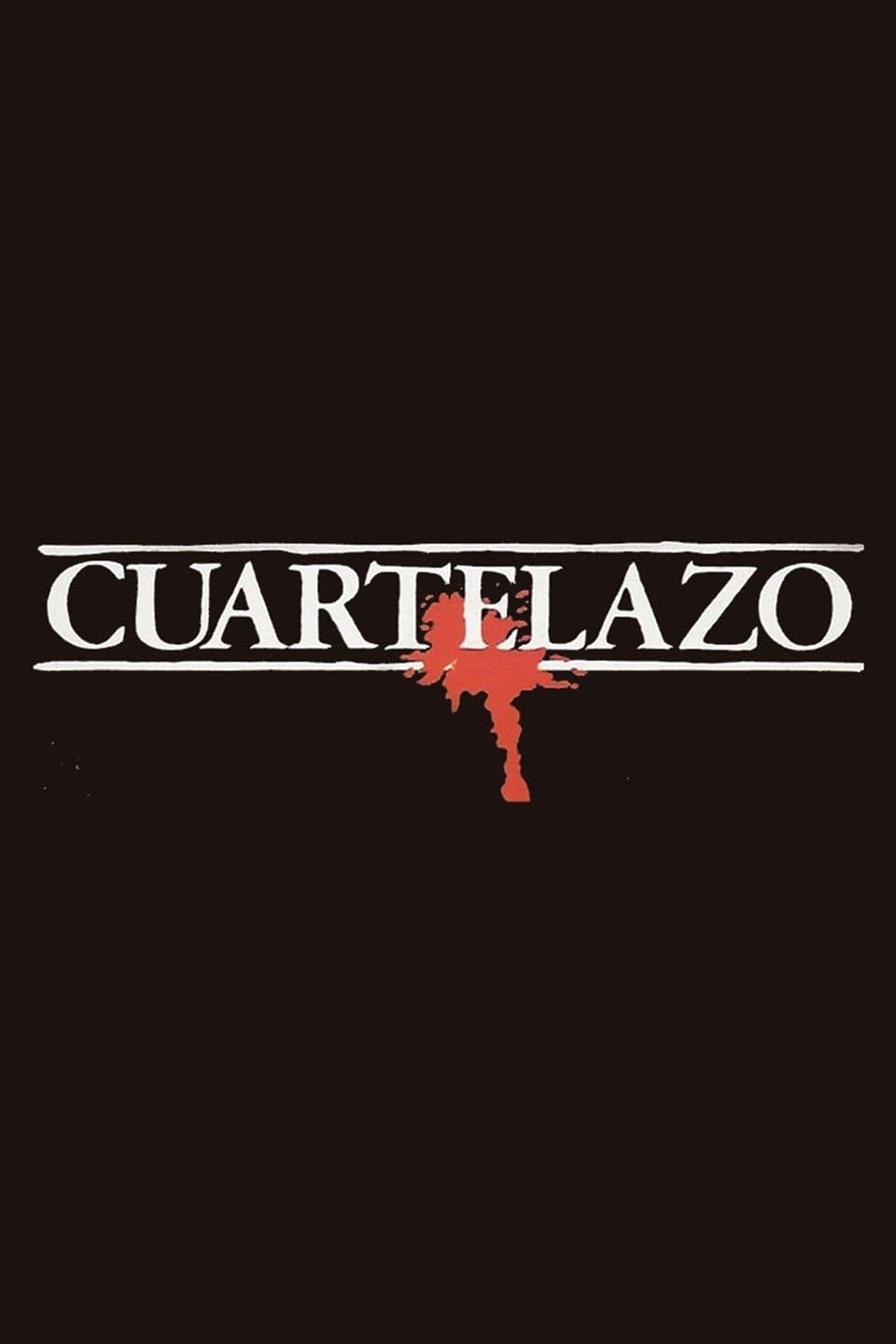
Cuartelazo
(Esposa de Banquero (uncredited))
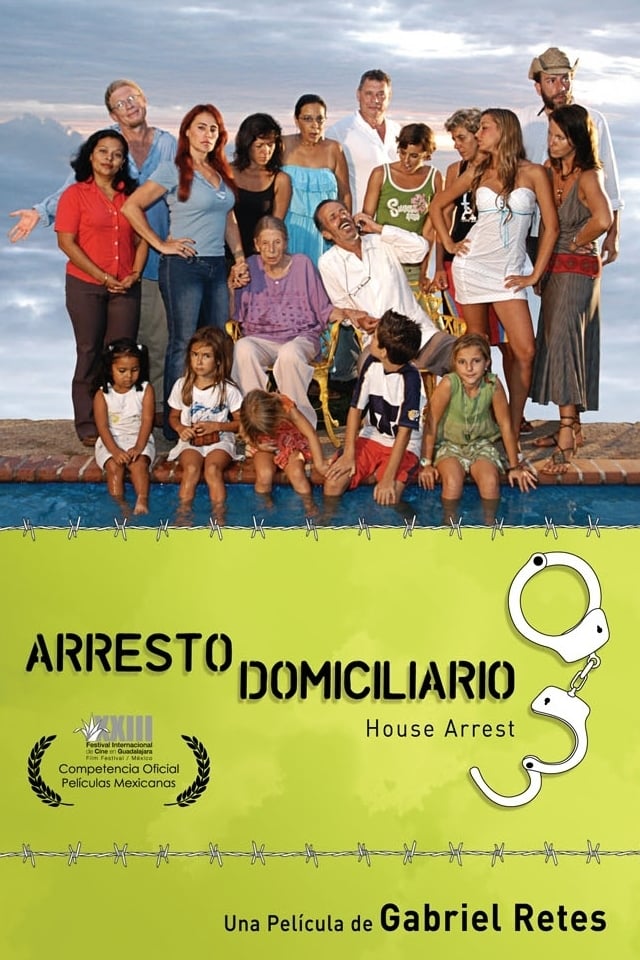
House Arrest
(Lucila)
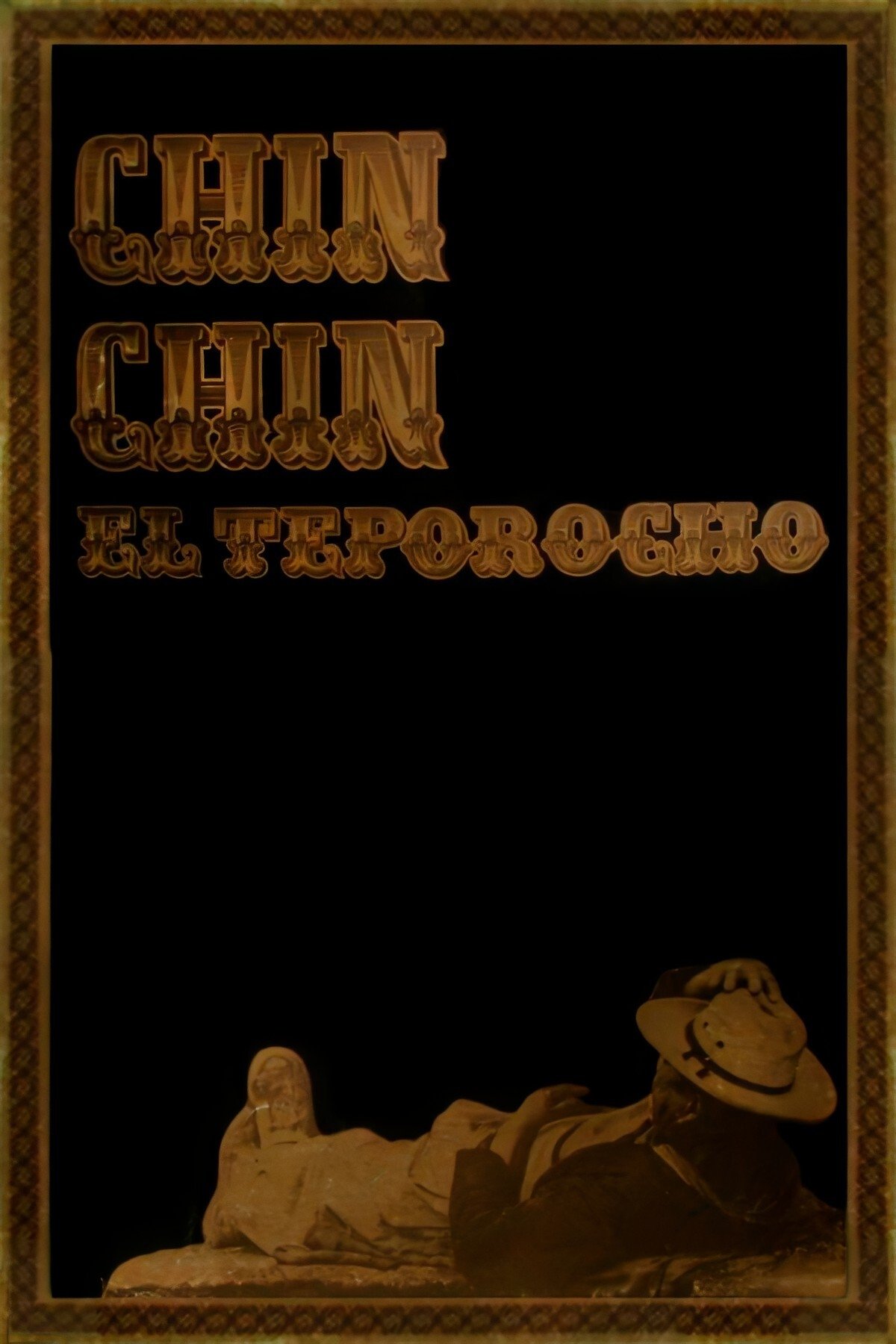
Chin Chin el teporocho
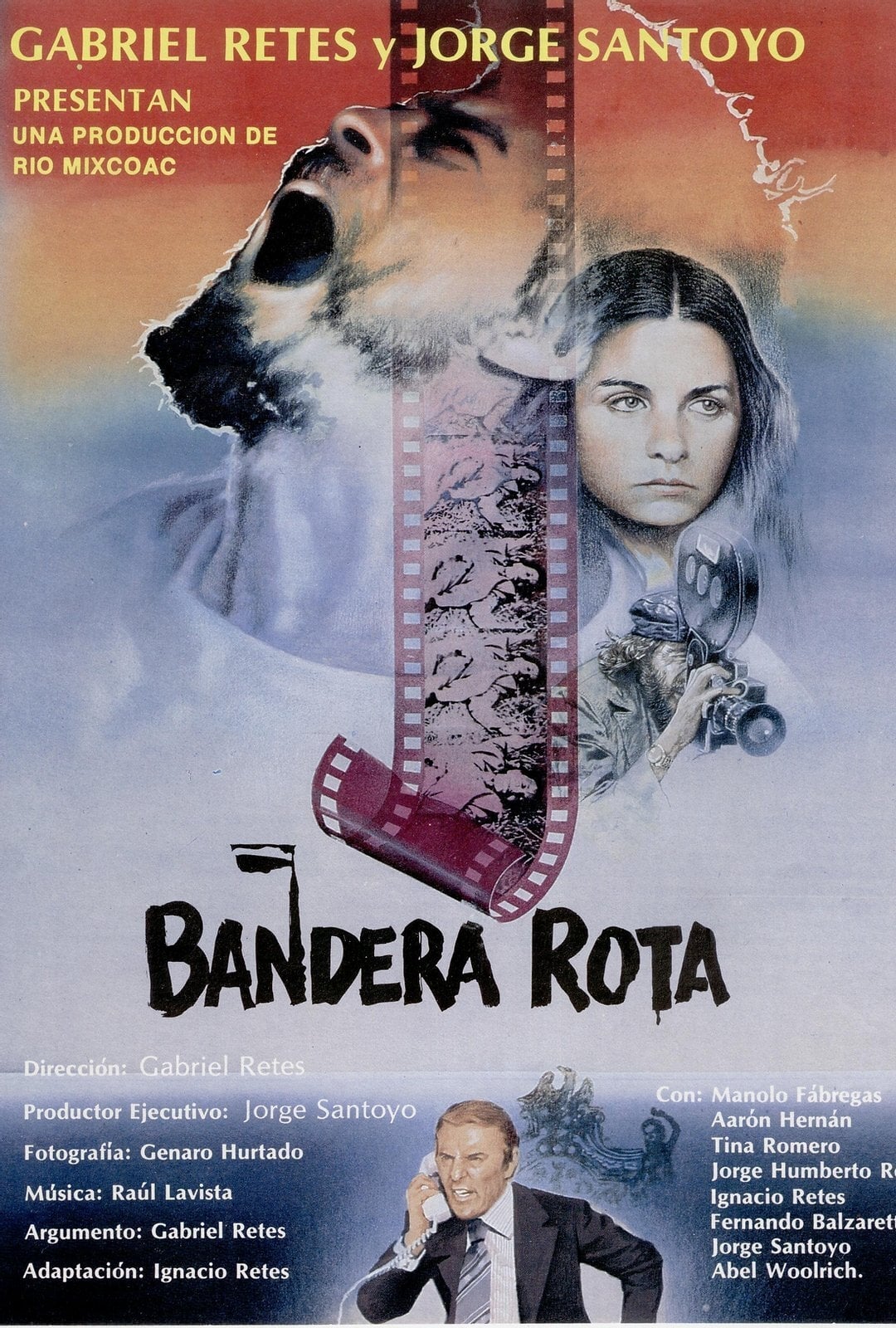
Broken Flag
(Conchita)
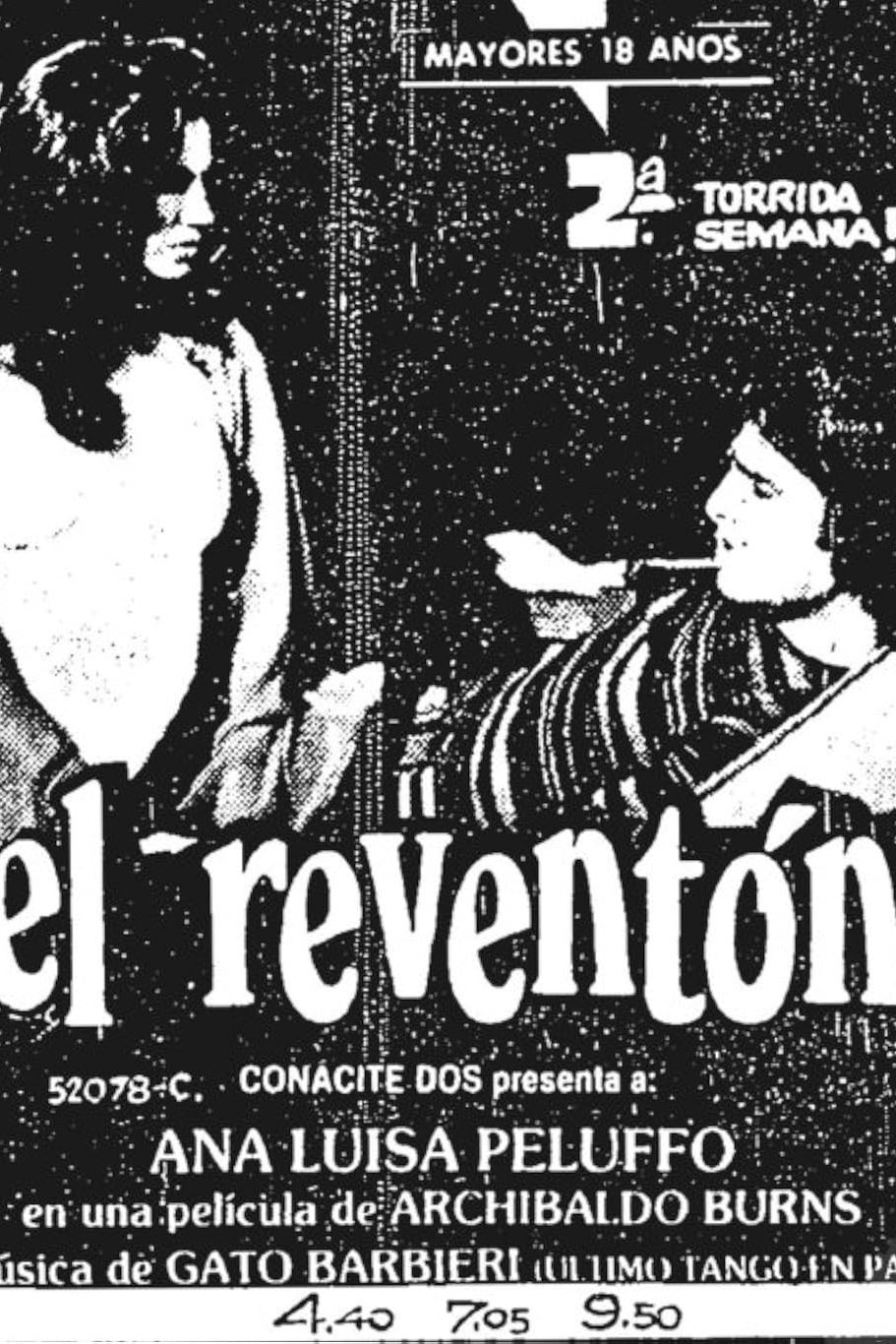
El Reventón
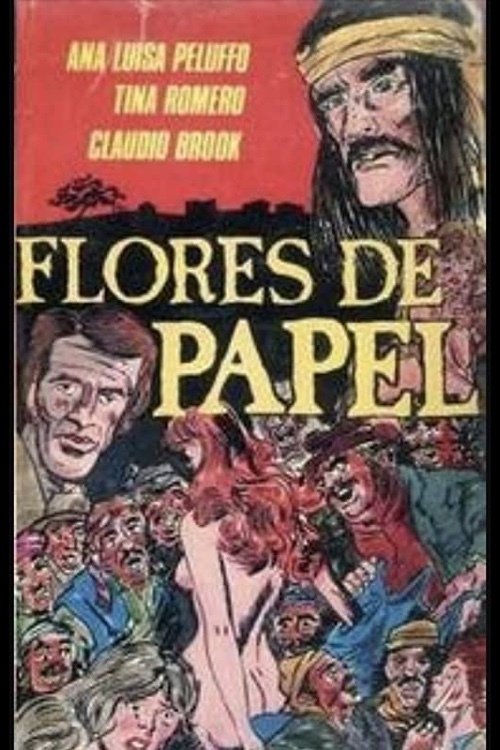
Paper Flowers
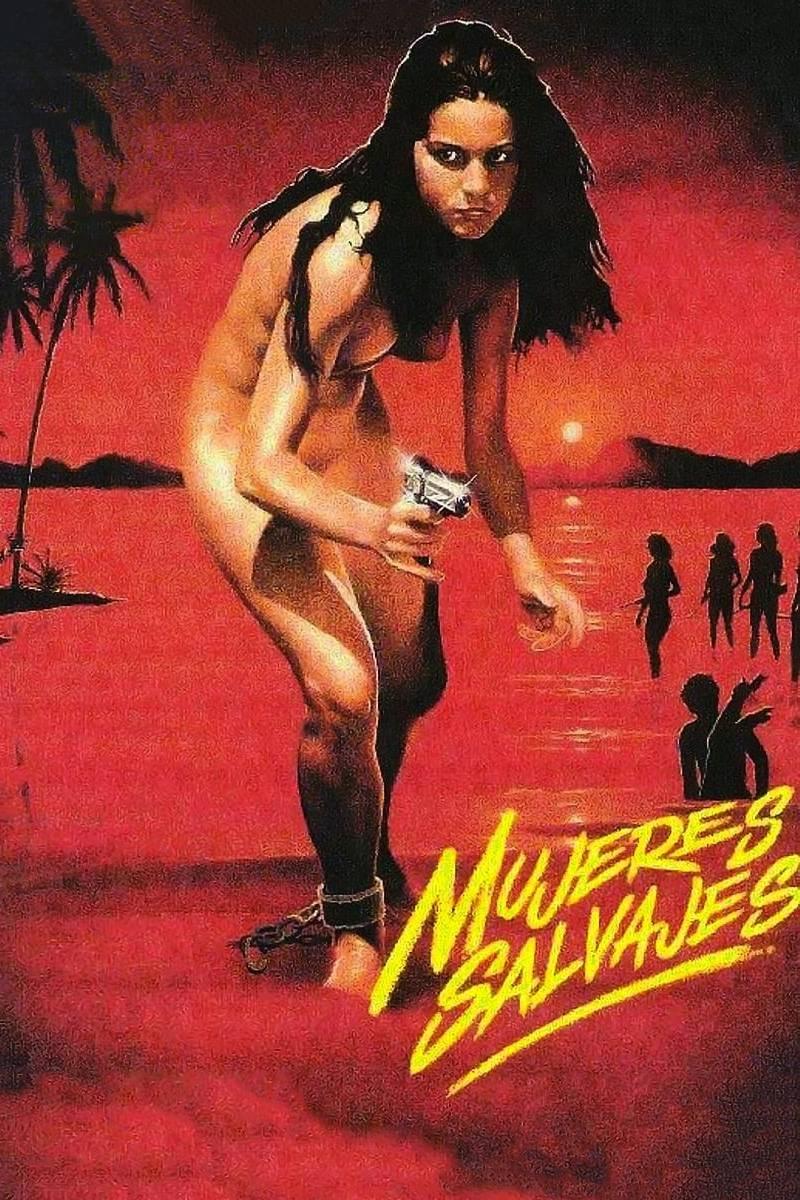
Wild Women
(La vieja)
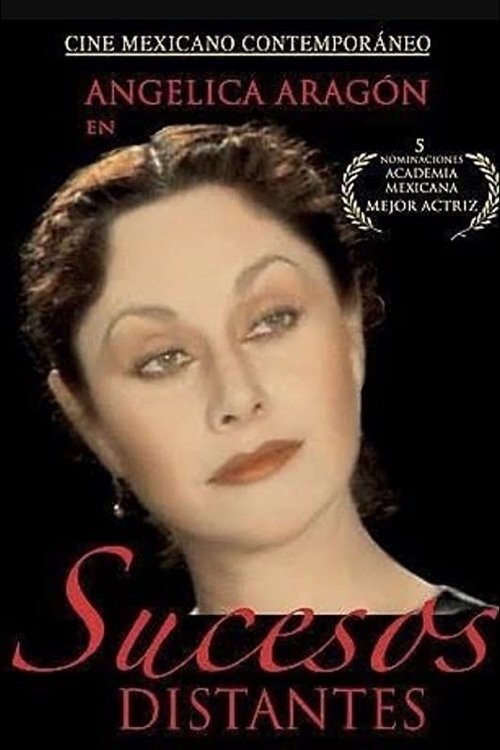
Sucesos distantes
(Mama Febre)
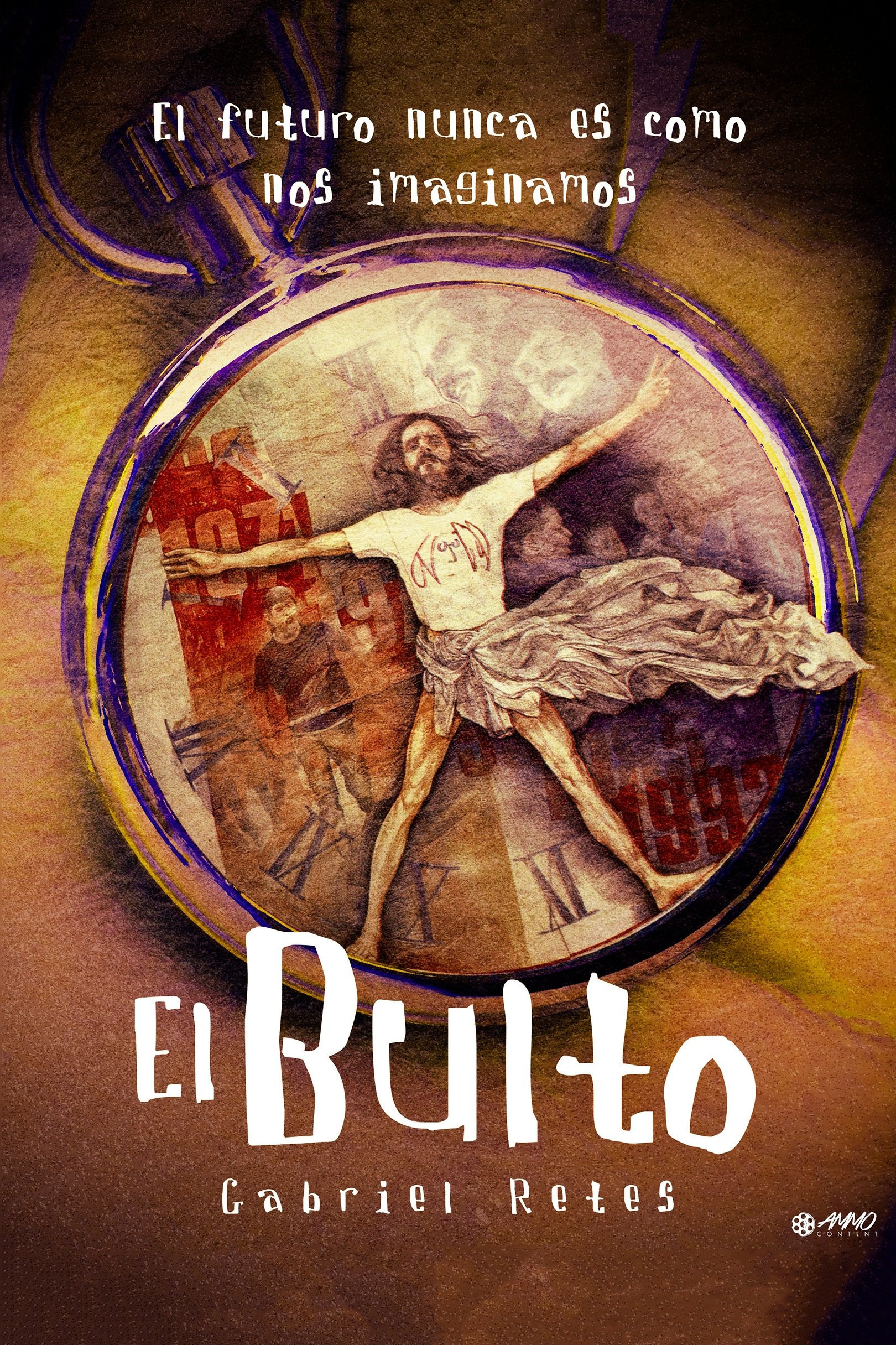
El bulto
(Grandma)